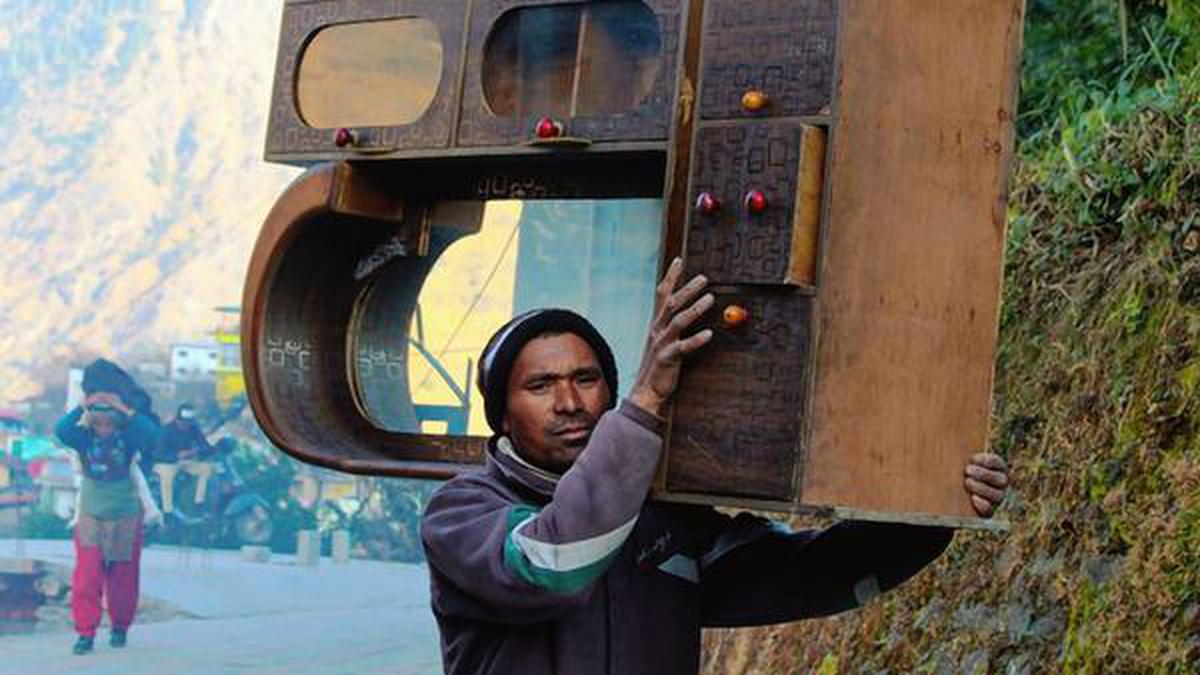
Deep dive | Behind the Joshimath disaster, a mental health crisis awaits Premium
The Hindu
Scientists are piecing together the mental-health consequences of disasters caused by climate change, down to the molecular level.
“Every second person in Joshimath looks worried, dark circles under the eyes, unruly hair, unwashed,” The Hindu reported earlier this year. “This town, which used to be full of happy faces, now looks gloomy. No one talks to each other anymore. They all have their own sorrows.”
Tales of terror, trepidation, and trauma after climate-induced disasters aren’t uncommon. For example, after the 2021 Chamoli floods, people reported being afraid to work at night: “They think the dead workers are talking to them,” one report quoted a rescue worker saying.
The report also documented the macabre nightmares of Chamoli residents. A 62-year-old woman whose son was buried under the debris from the flood said she saw him in her dreams, asking her to help “dig out his body”.
Distressing dreams and flashbacks are well-known symptoms of post-traumatic stress disorder (PTSD), a mental health condition that often affects individuals who have experienced a particularly distressing event in the recent past.
While climate-induced disasters aren’t the only cause of an increased incidence of PTSD, they pose unique challenges to people directly at risk of being affected by these disasters for two reasons.
First, climate-induced disasters – unlike other natural disasters – tend to get progressively worse.
Second, these disasters unsettle people’s daily lives in insidious and prolonged ways. For example, Jyoti Mishra, an associate professor of psychiatry at the University of California, San Diego, and the co-director of its Climate Change and Mental Health Initiative, highlighted a constant dilemma that residents of a climate change-hit place might face: “Do I want to leave the place that I have always lived in, where I have my community and strong social ties, versus preparing for impending disaster, which would happen because the same areas keep getting impacted again and again?”

In a study published in the journal Mammalian Biology on December 23, 2024, researchers compared the calls of Asian elephants based on their age, sex, and behaviour. They found the duration of trumpets remained fairly consistent across all age classes for both male and female Asian elephants but roars and roar-rumbles got longer with age.












